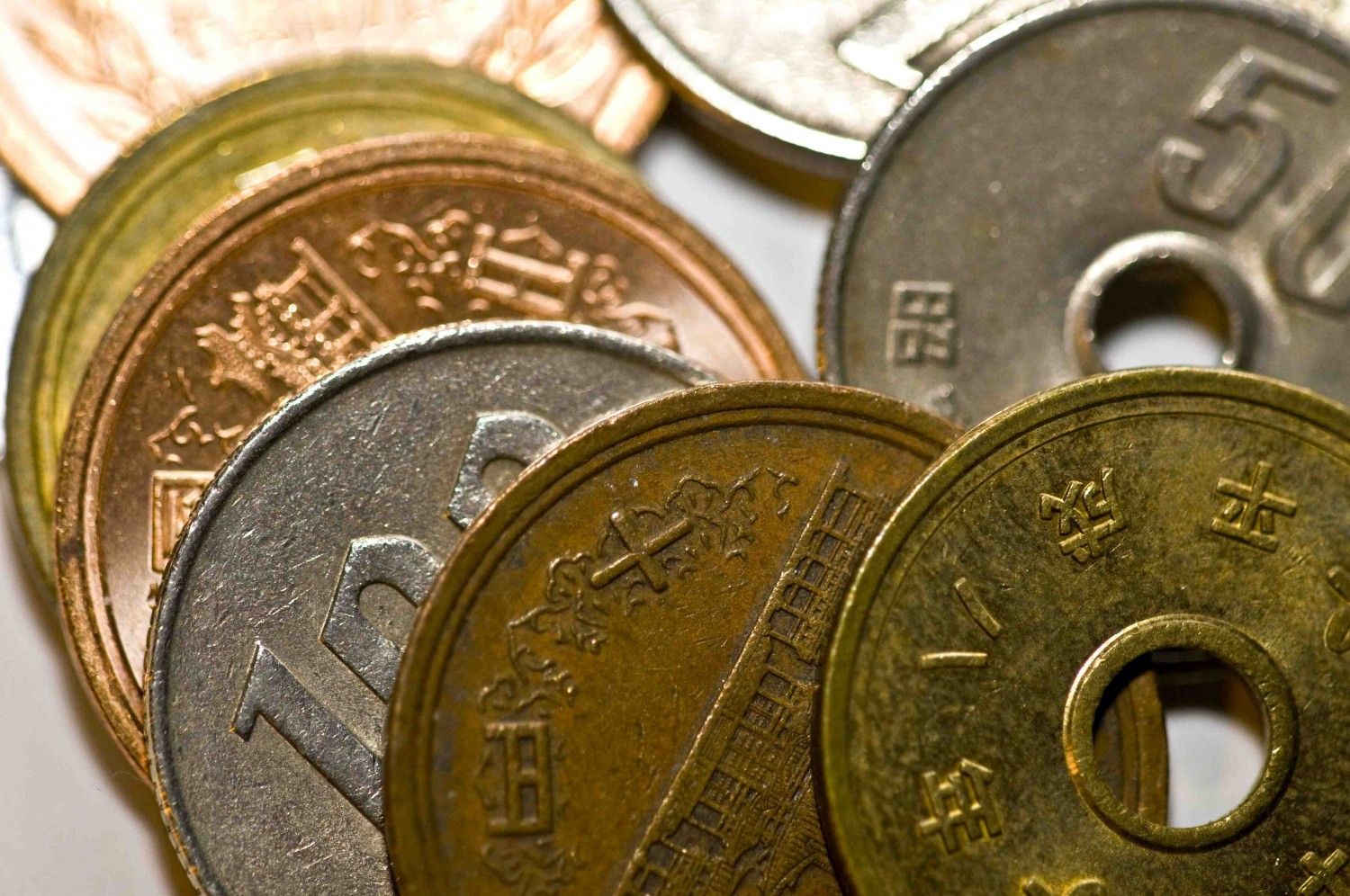
What You Need to Know:
- The yield on 30-year Japanese government bonds has surged to its highest level since 2004, causing investor concerns.
- This trend may lead Japanese funds to bring back international investments, creating risk aversion in financial markets, including Bitcoin (BTC).
Trading in financial markets resembles navigating a dense storm, requiring constant attention. Just as Bitcoin and traditional risk assets begin to recover from the recent volatility tied to tariff fears, concerning developments with Japanese bonds arise, complicating the landscape.
The yield of 30-year Japanese government bonds climbed to 2.88% early on Tuesday, marking the highest rate since 2004. It has seen a nearly 60 basis point increase within a week, according to TradingView data.
The gap between 30-year and five-year bonds—indicating the premium for holding long-term bonds—has reached a two-decade peak. The 10-year yield has also increased roughly 30 basis points to 1.37% but remains below its recent high of 1.59%.
These shifts in the long-term bonds have alarmed investors, particularly as Japan holds a significant international investment position and a substantial amount in U.S. Treasuries, totaling $1.079 trillion as of January. Japan’s stable low bond yields have supported higher risk tolerance in financial markets for nearly two decades.
The rising yields could compel Japanese investors to sell off their international bonds and risky assets funded by yen to return investment back home. This transition may lead to increased volatility in the U.S. Treasury market and a stronger yen, intensifying risk aversion among investors.
“Japanese have the largest international investment position in the world and if that capital begins returning to Japan, it will undoubtedly have negative consequences,” Garry Evans, Chief Strategist at BCA Research, stated during a CNBC interview.
Historically, Bitcoin has faced pressure during similar phases. Its appeal lies in its emerging technology and perceived safe-haven qualities. The narrative around BTC gained traction last week amidst escalating tariff disputes, although it fell less than traditional stock indices.
Bitcoin’s relative resilience is viewed by some as a sign of its maturation into a safer investment, while others consider it a hedge, despite it trending downwards since early February, likely in response to trade war anticipation that previously rocked U.S. markets.
Stay vigilant!



